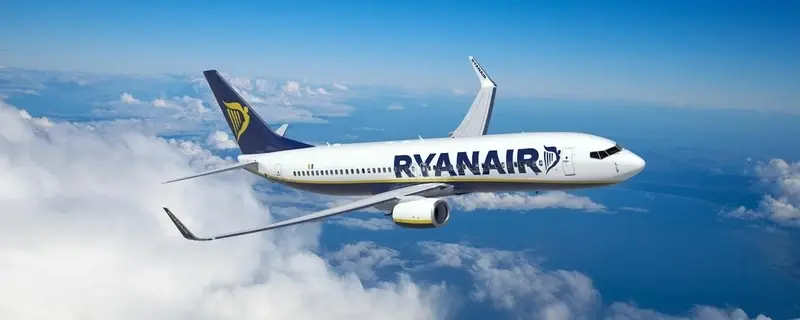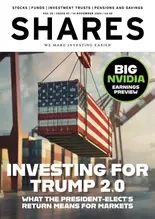
Shares in low-cost carrier Ryanair (RYA) ease 0.9% to 6.46p after the UK Competition Commission (UKCC) rules it should reduce its holding in Irish rival and national flag-carrier Aer Lingus (AERL), itself 3.6% easier at ?1.62. However the budget airline's decision to appeal against the competition authority's ruling to pare its Aer Lingus stake from 29.8% to 5% should not come as a shock to anyone familiar with the sector.
Unsurprisingly, the UKCC decision butters no parsnips with Ryanair's outspoken chief executive Michael O'Leary, who dubbed the ruling 'bizarre and manifestly wrong'. On the face of it, O'Leary might well have a point when he says the 'process was not a competition investigation but merely a corrupt and politically biased charade.'
Certainly, the language of the UKCC ruling should give Ryanair's legal team plenty of grist for the appeal mill. On the one hand, the Competition Commission's chairman Simon Polito felt able to recognise that 'Ryanair and Aer Lingus compete intensely for passengers travelling between Great Britain and Ireland, to the benefit of millions of passengers crossing the Irish Sea each year; and that competition between them is at least as intense now as it was when Ryanair first acquired its stake in Aer Lingus in 2006.'
Yet despite acknowledging this, Polito and his colleagues were able to arrive at a decision that a partial divestment of Ryanair's shareholding to 5%, facilitated by the appointment of a Divestiture Trustee, was the appropriate course of action after rejecting the numerous remedies put forward by Ryanair.
The UKCC considered that there was 'a tension between Ryanair's position as a competitor and its position as Aer Lingus's largest shareholder, and that Ryanair has an incentive to weaken its rival's effectiveness as a competitor.'
So in effect, it would appear that the UKCC is actually doing Ryanair a favour by saving it from itself; the temptation to tamper with Aer Lingus might just be too great for the budget carrier and this ruling is a way of avoiding mischief down the road. One might be tempted to wonder at this stage why such pre-emptive foresight was not in evidence either in Brussels or London when the deal first came before the competition authorities when Ryanair initially acquired the stake some seven years ago.
Ryanair might well be tempted to wonder at this stage about the bona fides of the ruling on a number of grounds. If there has been no demonstrable evidence of erosion of competition over the course of the past seven years to date, what is underpinning this course of action?
O'Leary was under no illusions and characteristically shot from the hip: 'From the first meeting with the UKCC it has been clear to us that Simon Polito's and Roger Davis' minds had been made up in advance and no truth or evidence was going to get in the way of their story. This prejudicial approach to an Irish airline is very disturbing, coming from an English government body that regards itself a model competition authority.'
The outspoken chief executive went on to highlight another salient point: 'This case, involving two Irish airlines where one (Aer Lingus) accounts for less than 1% of the UK's total air traffic and concerns very few UK consumers, is yet another enormous waste of UK taxpayer resources from a body which took no action whatsoever when the two main UK airlines (BA and bmi) merged. It would appear to be a case of one rule for the UK airlines but an invented set of rules for two Irish airlines.'
Aer Lingus greeted the UKCC ruling with palpable relief. 'It was unacceptable that our principal competitor was allowed to remain on our share register with a shareholding of 29.82% and interfere with our business despite the European Commission blocking both Ryanair's first hostile takeover attempt six years ago and its most recent hostile takeover attempt earlier this year,' said Aer Lingus chairman Colm Barrington.
Shifting its stake in Aer Lingus may be problematic for Ryanair. Speaking in a television interview today, O?Leary said the no-frills airline had been actively searching for a buyer for the stake for several years, and that nobody was interested in Aer Lingus, which he described as 'peripheral' and bypassed by consolidation in the European aviation industry. He conceded that the stake might be 'worthless' if no buyer can be found.



